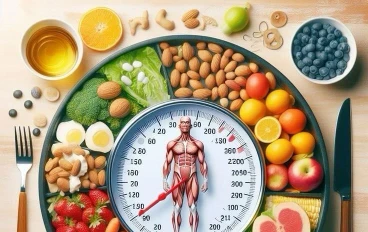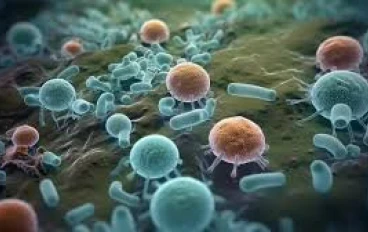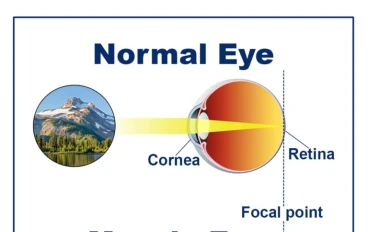
Acne: Causes, Treatments, and Prevention
become clogged with oil and dead skin cells, leading to the formation of pimples, blackheads, and cysts. While acne is not a life-threatening condition, it can be a major source of emotional distress and can even lead to scarring.
Causes of Acne
There are several factors that can contribute to the development of acne, including:
- Hormonal changes: Androgens, such as testosterone, are responsible for stimulating the oil glands in the skin. Fluctuations in hormone levels, such as those that occur during puberty or pregnancy, can lead to increased oil production and acne breakouts.
- Genetics: If your parents had acne, you are more likely to develop it yourself. This is because certain genes can make you more susceptible to the condition.
- Bacteria: Propionibacterium acnes (P. acnes) is a type of bacteria that lives on the skin. It can contribute to acne by breaking down sebum (oil) into fatty acids that irritate the skin and cause inflammation.
- Dead skin cells: Dead skin cells can clog the pores of the skin, trapping oil and bacteria inside.
- Medications: Some medications, such as corticosteroids and oral contraceptives, can trigger or worsen acne.
- Diet: There is some evidence that suggests that a diet high in refined carbohydrates and sugary foods may increase the risk of acne.
- Stress: Stress can worsen acne by increasing oil production and inflammation.
Types of Acne
There are several different types of acne, including:
- Comedonal acne: This is the mildest form of acne and is characterized by blackheads and whiteheads.
- Papulopustular acne: This is a more severe form of acne that is characterized by pimples and pustules (pimples with pus).
- Nodular acne: This is a severe form of acne that is characterized by large, painful nodules under the skin.
- Cystic acne: This is the most severe form of acne and is characterized by large, deep cysts that can cause scarring.
Treatments for Acne
There are a variety of treatments available for acne, depending on the severity of the condition. These treatments can include:
- Over-the-counter (OTC) medications: OTC medications, such as benzoyl peroxide and salicylic acid, can be effective for mild to moderate acne.
- Prescription medications: Prescription medications, such as retinoids, antibiotics, and oral contraceptives, may be necessary for more severe acne.
- Hormonal therapy: Hormonal therapy, such as spironolactone, can be effective for women with acne caused by hormonal changes.
- Isotretinoin: Isotretinoin is a powerful medication that is used to treat severe acne. It can be very effective, but it can also have serious side effects.
- Procedures: Procedures, such as laser therapy and chemical peels, may be used to treat acne scars or severe acne that does not respond to other treatments.
Prevention of Acne
There are a number of things you can do to help prevent acne, including:
- Wash your face twice daily: Use a gentle cleanser and lukewarm water.
- Avoid harsh soaps and scrubs: These can irritate the skin and make acne worse.
- Moisturize your skin: Even if you have oily skin, it is important to moisturize to keep your skin hydrated.
- Avoid picking or popping pimples: This can lead to scarring.
- Keep your hair off your face: Hair can transfer oil and dirt to your skin.
- Use sunscreen: Sunscreen is important for protecting your skin from the sun, but it can also clog pores. Choose a sunscreen that is oil-free and non-comedogenic.
- Eat a healthy diet: There is no evidence that diet directly causes acne, but eating a healthy diet can help improve your overall health and may reduce the risk of breakouts.
- Manage stress: Stress can worsen acne, so find healthy ways to manage stress, such as exercise, yoga, or meditation.
If you are concerned about acne, see a dermatologist. They can help you determine the best treatment for your individual needs.
Additional Tips for Clearing Acne
- Be patient: Acne can take time to clear. It may take several weeks or even months to see results from treatment.
- Do not give up: If one treatment does not work, there are many others available.
- Talk to your doctor about your concerns: They can help you understand your treatment options and answer any questions you have.
With proper treatment and care, most people can clear their acne and achieve healthy, clear skin.






























